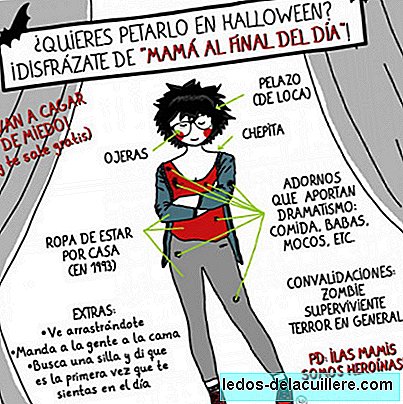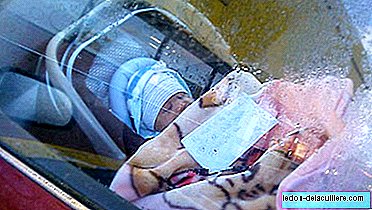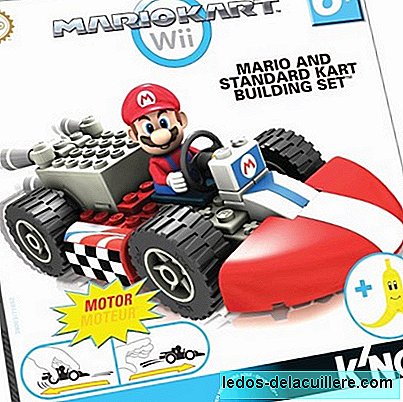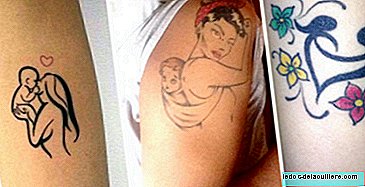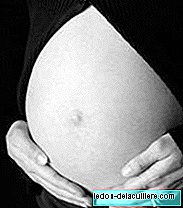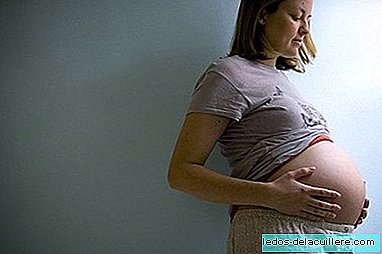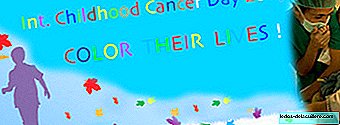
Today is the Childhood Cancer Day, and it should be remembered that according to WHO it is in the first place as a cause of infant death due to illness. They remind us, however, from the Spanish Association against Cancer, that advances in diagnostic techniques and treatments have increased patient survival.
But let's not fool ourselves, it is still a big public health problem in Europe, the United States, and probably in other regions
Usually, the factors that cause cancer in the pediatric population, they are different from those that cause it in adults (food, tobacco or exposure to environmental toxins). Experts agree that it is impossible to prevent cancer in children, because in most cases, they arise from mutations in the genes of growth cells, and these errors occur randomly. Every year More than 15,000 children and adolescents are diagnosed with cancer in Europe, and there are about 500,000 European citizens who have survived pediatric cancer, of which 20 to 40 percent experience long-term side effects, which can be serious and affect daily life.
The European Society of Pediatric Oncology has developed a Manifesto for the next European elections, and they propose that the authorities accept the commitment for the following objectives:
Promote equal access to standard treatments, care, follow-up and clinical research throughout Europe.
Reduce the survival gap in middle / lower income Member States, where the survival rate is 10 to 20% lower compared to high income in the Member States.
I address the insufficient national and European funding for specific research (basic, translational and clinical) on pediatric cancers.
I support the creation of European initiatives aimed at encouraging the development of specific innovative medicines for children and adolescents with cancer.
Support follow-up measures for pediatric cancer survivors, so to address the long-term toxicity of treatments and their consequences.
Advocate for each Member State to implement social policies aimed at supporting children and adolescents with cancer and their families during and after the treatment period.
Proactively monitor EU legislative processes to ensure that the new initiatives will improve health and research in pediatric oncology and hematology.
Finally, I want to review again the activity of the AECC, which through its Scientific Foundation, created in 2007 grants for research, for projects in childhood cancer, with which to promote and encourage research. One of the last projects awarded is that of Dr. Enrique de Álava, who is conducting research to design more effective treatments for patients with Ewing's woodworm.


